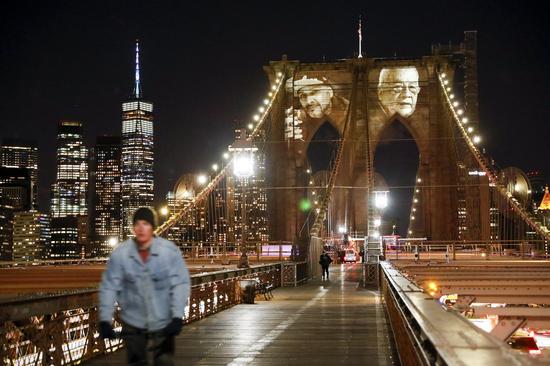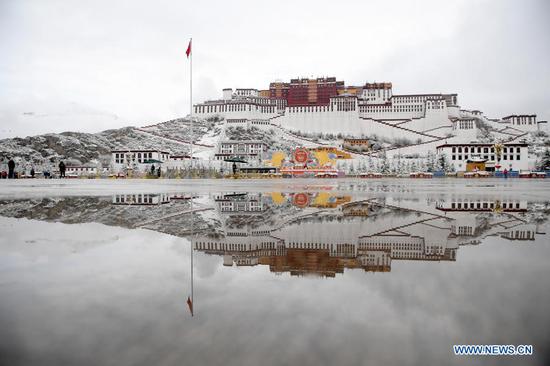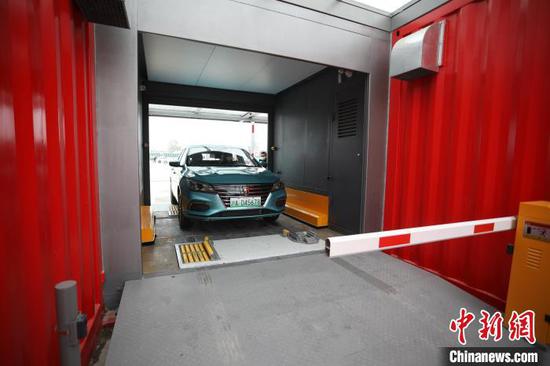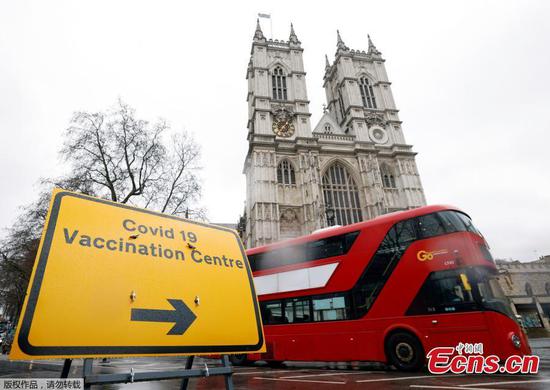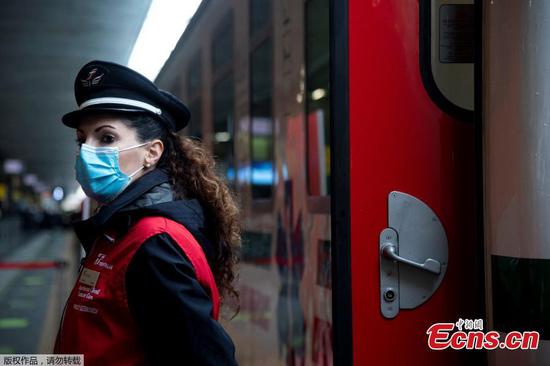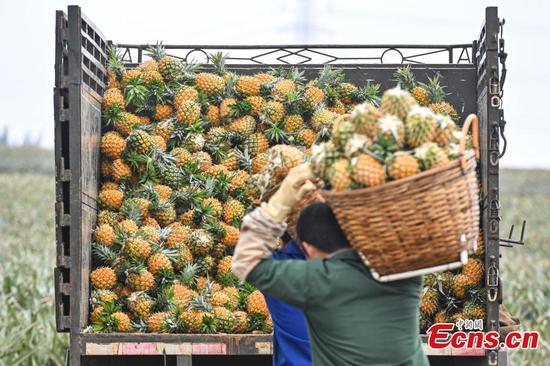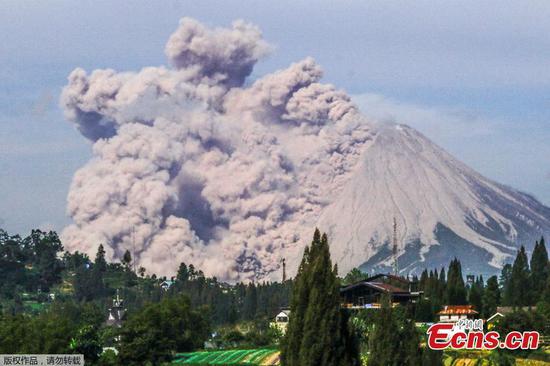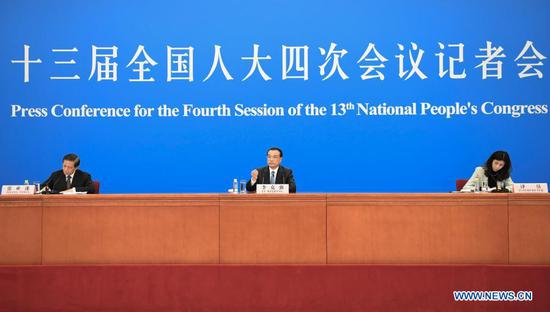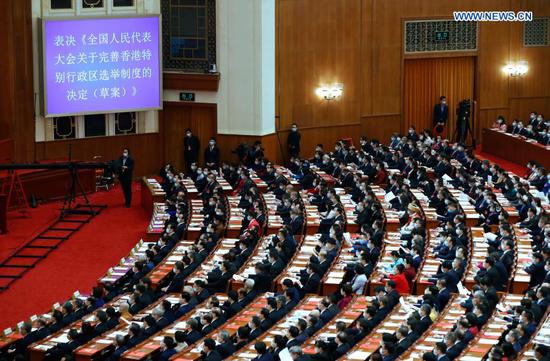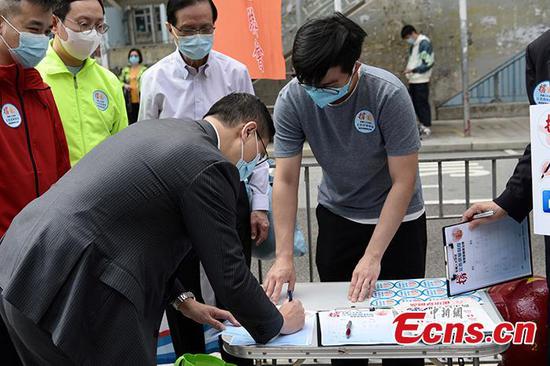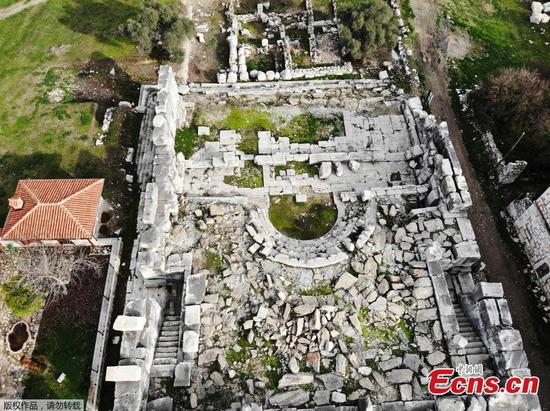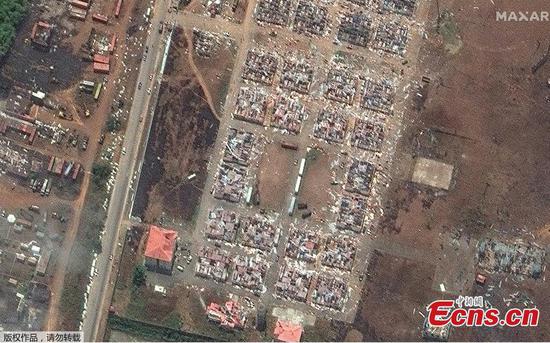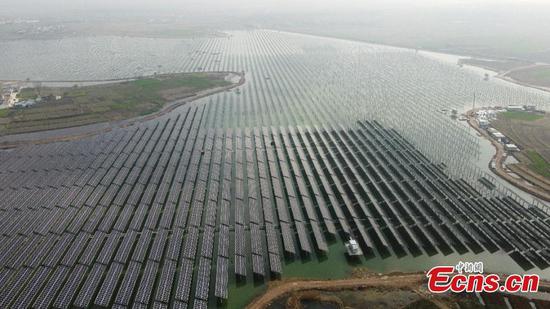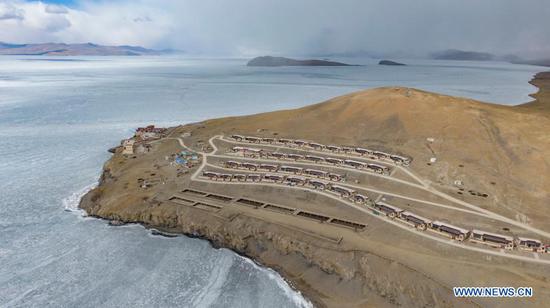A cluster of European countries -- France Germany, Italy, Spain, Slovenia, Cyprus -- on Monday joined the growing ranks of their peers suspending the use of AstraZeneca COVID-19 vaccine over blood clot concerns.
They described the move as a precautionary measure pending a decision by the European Medicines Authority (EMA), which had greenlighted the use of the vaccine in the European Union (EU) on Jan. 29.
"The EMA is to give its opinion tomorrow afternoon. The decision that was taken (by France), in accordance with our European policy, is to suspend as a precaution the vaccination with AstraZeneca, hoping to resume it as soon as possible if the opinion is favorable," French President Emmanuel Macron said at a press conference in Montauban, southwestern France, where he was attending the 26th Franco-Spanish summit with Spanish Prime Minister Pedro Sanchez.
In Berlin, Health Minister Jens Spahn cited a recommendation issued by the Paul Ehrlich Institut (PEI), an agency of the German federal Health Ministry, referring to new reports of thromboses of the cerebral veins in connection with the AstraZeneca jabs.
The Italian Pharmaceutical Agency (AIFA) said its "temporary and precautionary" ban on the vaccine followed the death of a music professor in the northern Piedmont region after he was given an AstraZeneca shot. A probe on this case has been opened in the city of Biella.
On Thursday, Rome-based AIFA had already suspended one specific lot of AstraZeneca (ABV2856) in connection with another fatality, that of a soldier who had suffered from a heart attack a few hours after being vaccinated.
In Cyprus, a Health Ministry spokesman said the suspension will last only until Thursday. The ministry sought to allay concern among people who have already received the vaccine, repeating an earlier statement that there is no solid evidence that the AstraZeneca vaccine was to be blamed for the development of blood clotting.
Striking a similar note, Slovenian Health Minister Janez Poklukar told a news conference that the country's expert group for vaccines had not found reasonable grounds to stop using the AstraZeneca vaccine. Nevertheless, as a matter of precaution, it is proposed that vaccination be suspended.
All those scheduled to receive the vaccine in the coming days will be rescheduled, whereas vaccination with the Moderna and Pfizer vaccines will continue as planned, he said.
In Spain, Health Minister Carolina Darias said "the thrombosis that the patients have suffered in the known cases is very specific."
At the same time, the minister highlighted the low risk from the vaccine, saying that "939,534 people in Spain have been inoculated with the vaccine" while only a single case of thrombosis has been reported.
The World Health Organization (WHO) said on Monday that it was still conducting its safety review of the AstraZeneca vaccine.
WHO Director-General Tedros Adhanom Ghebreyesus told a press briefing in Geneva that its Global Advisory Committee on Vaccine Safety is in close contact with the EMA and will meet on Tuesday.
Previously, EU member countries Austria, Bulgaria, Denmark, Romania, Estonia, Lithuania, Luxembourg, Latvia, the Netherlands and non-EU countries Norway and Iceland have already fully or partially suspended the use of the AstraZeneca vaccine following reports of suspected deaths from blood clots after vaccinations.
Globally, 263 candidate vaccines are still being developed worldwide -- 81 of them in clinical trials -- in countries including Germany, China, Russia, Britain, and the United States, according to information released by the World Health Organization on Friday.










